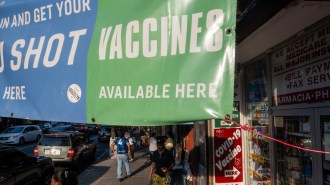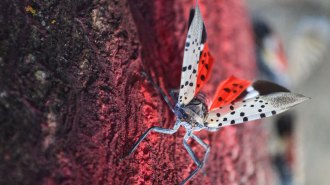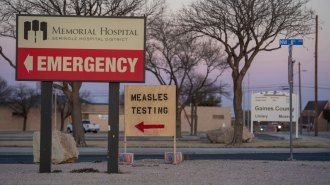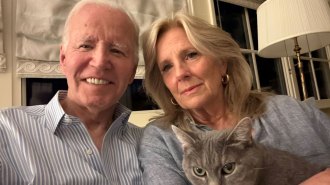
Climate
Earth’s last 3 years were its hottest on record
An analysis of global climate data shows sustained warming even as El Niño faded.
Every print subscription comes with full digital access

An analysis of global climate data shows sustained warming even as El Niño faded.
We summarize the week's scientific breakthroughs every Thursday.

Saving reproductive tissue from kids treated for cancer before adolescence could give them a chance at having biological children later in life.

Results from a large trial suggest baxdrostat could provide a new option for people whose blood pressure remains high despite standard treatment.

Vaccination is still important to ward off the worst of the coronavirus. Three experts discuss the concerns with restricting access.

Hurricane forecasts have improved since Katrina, but risks from climate change and budget cuts loom.

The invasive spotted lanternfly has spread to 17 states and can threaten vineyards. But bats, fungi, dogs and even trees may help control them.

Dropping vaccination rates and changes in U.S. vaccine policy have public health experts concerned that annual measles outbreaks could become more frequent.

Variants of obesity-related genes influence how much weight patients lose on specific weight loss drugs like liraglutide, two studies report.

Experts explain the science behind Biden's advanced prostate cancer diagnosis, including how common it is and what treatments are available.

The Teal Wand, an at-home HPV testing device that could replace a Pap smear, could broaden access to cervical cancer screening.
Subscribers, enter your e-mail address for full access to the Science News archives and digital editions.
Not a subscriber?
Become one now.